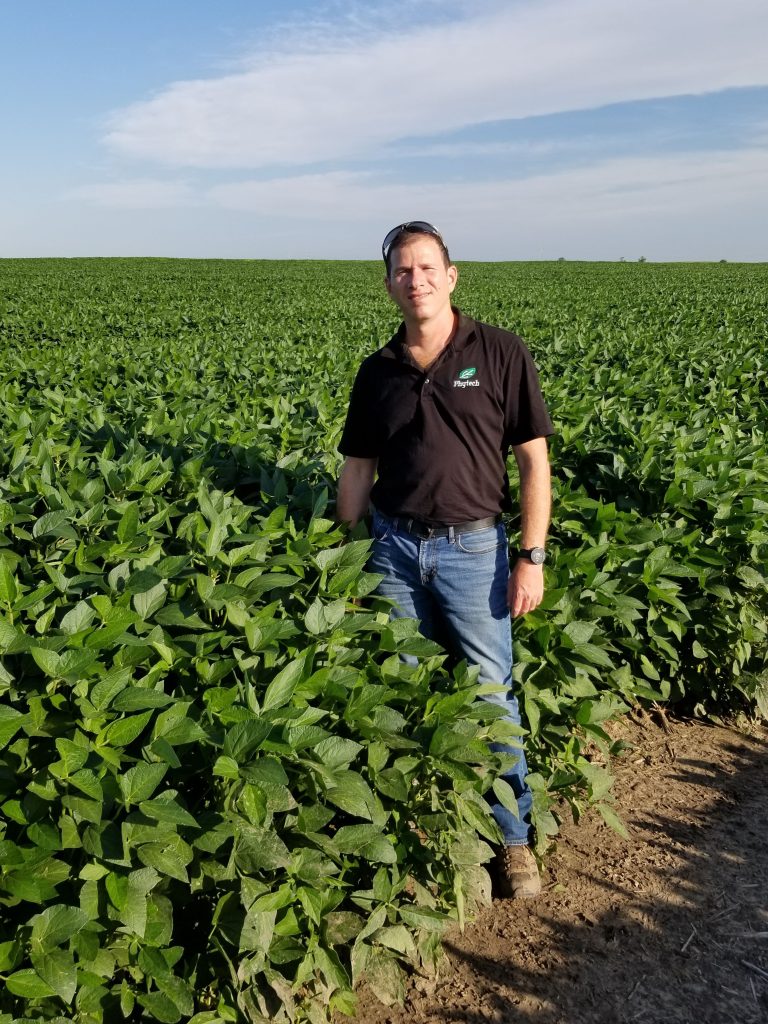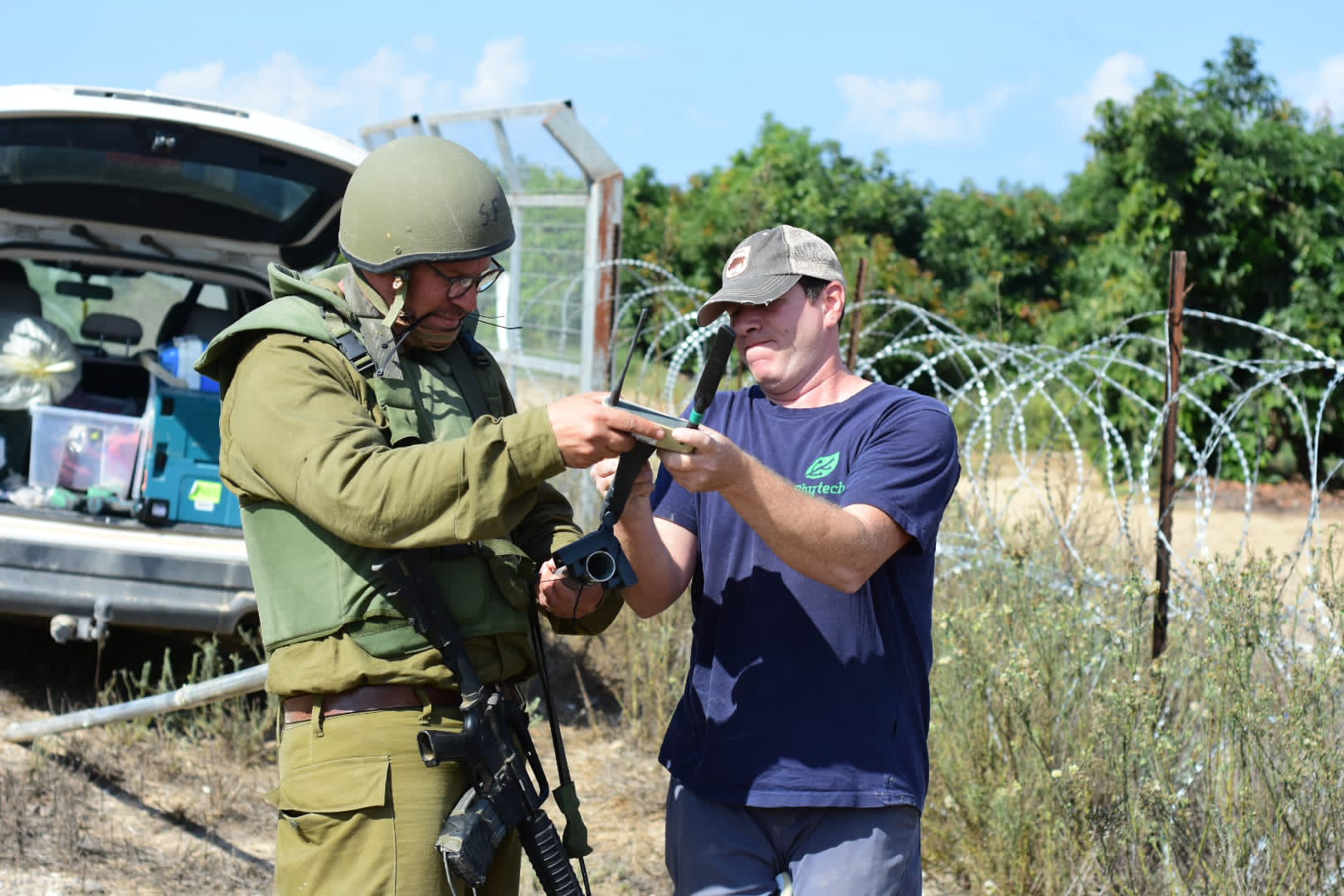Imagine trying to plant or harvest a cash crop after bombs have gone off or family members and trusted farm workers were taken hostage.
In the United States that is hard to fathom but ask anyone who has been involved in farm production elsewhere in the world. In February 2022, the world witnessed the Russian invasion of Ukraine.
Earlier in October it happened in the Middle East when Hamas attacked Israel. Israeli farmers who depend on irrigation and farm labor for many of its products watched the terrorist attack halt business. Amit Shiloni with Phytech, an Israeli-based irrigation global company that helps producers with conservation and efficiency, has seen the carnage of Hamas’ gut-wrenching invasion in the Gaza Strip. He helps oversee operations in Israel and in the High Plains states of Kansas and Nebraska.

Shiloni spoke by telephone as he has been in Israel to help company employees, their families and customers as they grapple with disruption and devastation. A dose of good news occurred when he reported that as of Oct. 23, much of the irrigation infrastructure his company helps with has been restored. That will be good news for producers when they plan for 2024.
The company serves 260 growers and 4,000 orchards. Israel is known for its production of almonds, walnuts, olives, apples, peaches, and other commodities exported on the world market.
Hamas’ murder of workers will keep laborers out of the fields in the region near the Gaza Strip, he said.
“One of the biggest challenges is that most farmers will not be able to have their annual harvest because it’s too dangerous to get workers into the orchards because it is too close to the border,” Shiloni said.
Unless the situation quickly rebounds fruit on the trees will begin to fall to the ground and spoilage occurs, he said. “The damage, for sure, is going to be big.”
Phytech has employees who have been called into active military duty. He has appreciated the work of the entire Phytech team because of its commitment to fellow employees and farmers. It was an all hands-on-deck approach because numerous technicians were reservists called into duty. Product managers, researchers and others volunteered as they understood what farmers needed.
In Israel, Phytech employees, once they could safely enter, headed into regions to repair, restore or replace irrigation equipment that was stolen, broken, or vandalized.
Irrigation, like in the High Plains, is critical to a farmer’s success.
“You can think of irrigated crops in Kansas in July and when it’s not raining what happens if the well stops or the sprinkler flips over and then you can’t get into field for two or three weeks?” Shiloni said. “Basically, you’re going to lose yield potential.”
If an irrigator in Israel is applying water on an avocado field and that stoppage occurs the entire field is going to be lost, he said. In parts of the Phytech’s Israel territory, it has parallels to Kansas and Nebraska where the entire region’s economy is based solely on agriculture, he said.
As he thinks about the rebuilding process, Shiloni said it is the mission of Phytech to help farmers and countrymen to get back on their feet.
“It’s a decision that we made that we’re not stopping,” he said. “That’s what I’m trying to do by being here (in Israel). We’re doing everything we can do to help our growers and our goal is to help people over the next several months in Israel. That’s the message. We always want to keep helping people.”
Dave Bergmeier can be reached at 620-227-1822 or [email protected].




